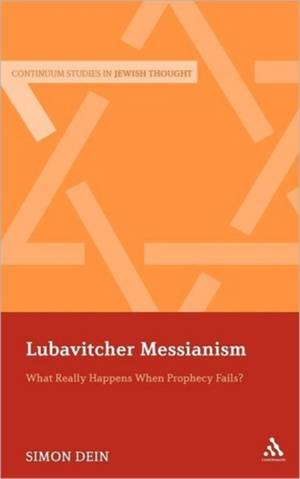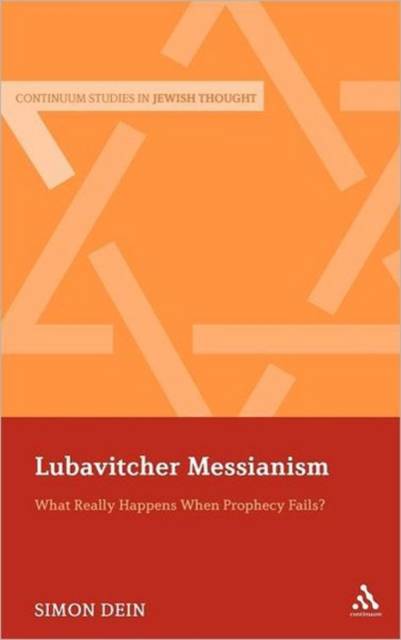
- Afhalen na 1 uur in een winkel met voorraad
- Gratis thuislevering in België vanaf € 30
- Ruim aanbod met 7 miljoen producten
- Afhalen na 1 uur in een winkel met voorraad
- Gratis thuislevering in België vanaf € 30
- Ruim aanbod met 7 miljoen producten
Zoeken
€ 322,45
+ 644 punten
Uitvoering
Omschrijving
In 1994 the Lubavitcher Rebbe, Menachem Schneerson, died leaving no successor. For many years his followers had maintained that he was Moshiach -the Jewish Messiah and would usher in the Redemption. After his death Lubavitch divided into two opposing groups. While some messianists hold that the Rebbe died but is to be resurrected as the messiah, others hold that he is still alive, but concealed. The anti-messianists maintain that the Rebbe could have been Moshiach if God had willed it, but they disagree vehemently that as such he could come back from the dead. Using ethnographic data obtained by the author through twenty years of fieldwork, this book presents a social-psychological account of Lubavitcher Messianism and moves beyond the typical scholarly preoccupation with belief and dissonance to examine the role of rhetoric, religious experience and ritual in maintaining counterintuitive convictions. Through examining the parallels between early Christianity and messianism in Lubavitch this book provides a comprehensive perspective for examining messianism generally.
Specificaties
Betrokkenen
- Auteur(s):
- Uitgeverij:
Inhoud
- Aantal bladzijden:
- 192
- Taal:
- Engels
- Reeks:
Eigenschappen
- Productcode (EAN):
- 9781441112231
- Verschijningsdatum:
- 24/03/2011
- Uitvoering:
- Hardcover
- Formaat:
- Genaaid
- Afmetingen:
- 157 mm x 236 mm
- Gewicht:
- 453 g

Alleen bij Standaard Boekhandel
+ 644 punten op je klantenkaart van Standaard Boekhandel
Beoordelingen
We publiceren alleen reviews die voldoen aan de voorwaarden voor reviews. Bekijk onze voorwaarden voor reviews.








